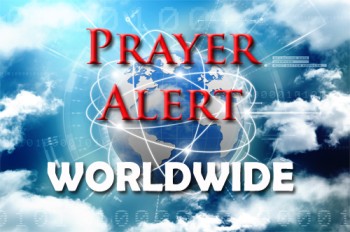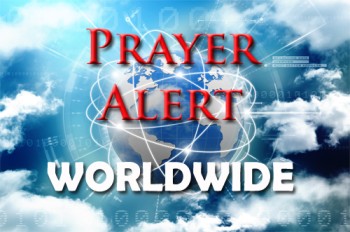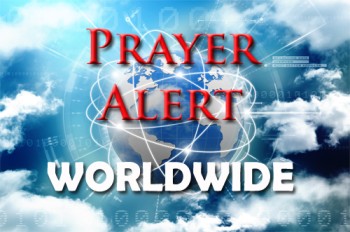Jay Slater: Mother calls for donations to give teen ‘send-off he deserves’
Jay Slater's body was discovered near Masca, Tenerife, after nearly a month of searching. His mother, Debbie Duncan, is appealing for more donations on GoFundMe to repatriate his body and cover funeral expenses, aiming for £60,000. She expressed gratitude for the support received and thanked the Dutch search team, Signi Zoekhondon, and LBT Global for their assistance. Spanish authorities believe Jay's death resulted from a fall in the rocky area. Debbie wants to give Jay the funeral he deserves, so continues to seek contributions and support during this difficult time.
Wales: Vaughan Gething quits as first minister
Wales' first minister Vaughan Gething has announced his resignation just four months after taking office. This decision follows the resignation of three government ministers and his top legal adviser, who called for his departure due to ongoing controversies. Gething has faced scrutiny over a £200,000 campaign donation from a convicted businessman. In his resignation statement, he denied any wrongdoing and lamented the loss of the burden of proof in politics. Sir Keir Starmer thanked Gething for his service, acknowledging the difficulty of his decision. Plaid Cymru called for a snap election; Labour holds 30 of the 60 Senedd seats, so requires support from opposition to govern. Gething was the first black leader of a national government in Europe. His brief tenure was marked by internal conflict and external controversies, ultimately leading to his resignation.
Boat crossings: 1,100 migrants have landed since election
Labour has admitted that Britain is facing a small-boat crisis in the Channel, just days after scrapping the Tories' Rwanda deportation scheme. 427 people made the crossing on Monday, bringing the total since Labour took power to 1,185. Home secretary Yvette Cooper noted that small-boat crossings were at a record high and indicated a challenging summer ahead. The Conservatives argue that Labour's approach relies too heavily on European cooperation and lacks effective deterrents. Instead, Starmer plans to establish a 1,000-strong immigration task force as part of a new Border Security Command, to address people-smuggling. Migration will be a key topic at the upcoming European Political Community summit, where Starmer aims to build support for his new strategy. Critics warn that Labour's policies could lead to increased illegal arrivals and costs for taxpayers.
GAFCON stands with the Alliance
GAFCON has expressed solidarity with the Anglican Alliance, condemning the Church of England's decision to bless same-sex unions, which they argue contradicts biblical teachings. The Archbishop of Rwanda, Laurent Mbanda, criticised the General Synod's approval of such blessings, stating it goes against scripture. GAFCON supports the creation of a third province for Anglicans adhering to traditional doctrines. While recognising the legal complexities within the CofE, it endorses the formation of a new province to provide pastoral care for those in impaired communion. GAFCON pledges ongoing support for faithful Anglicans worldwide. The archbishop said: ‘GAFCON supports all faithful Anglicans, whether they choose to stay and provide a witness to the truth in their home church, or whether they wish to leave for the sake of conscience. Wherever faithful Anglicans find themselves, we are ready to support, encourage and defend them. They are not alone.’











